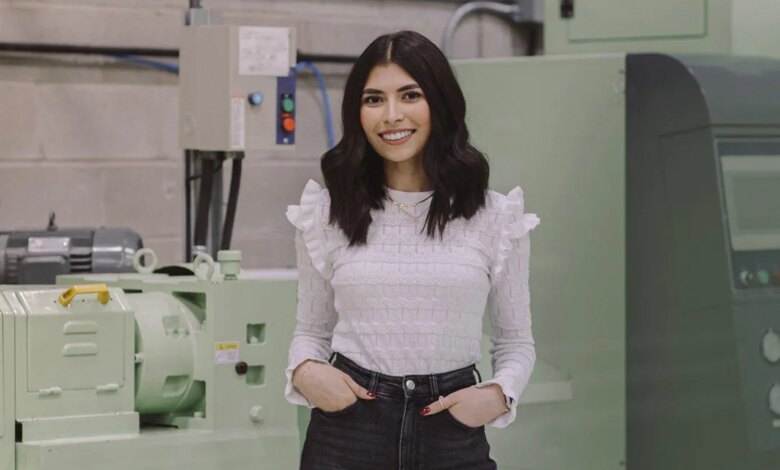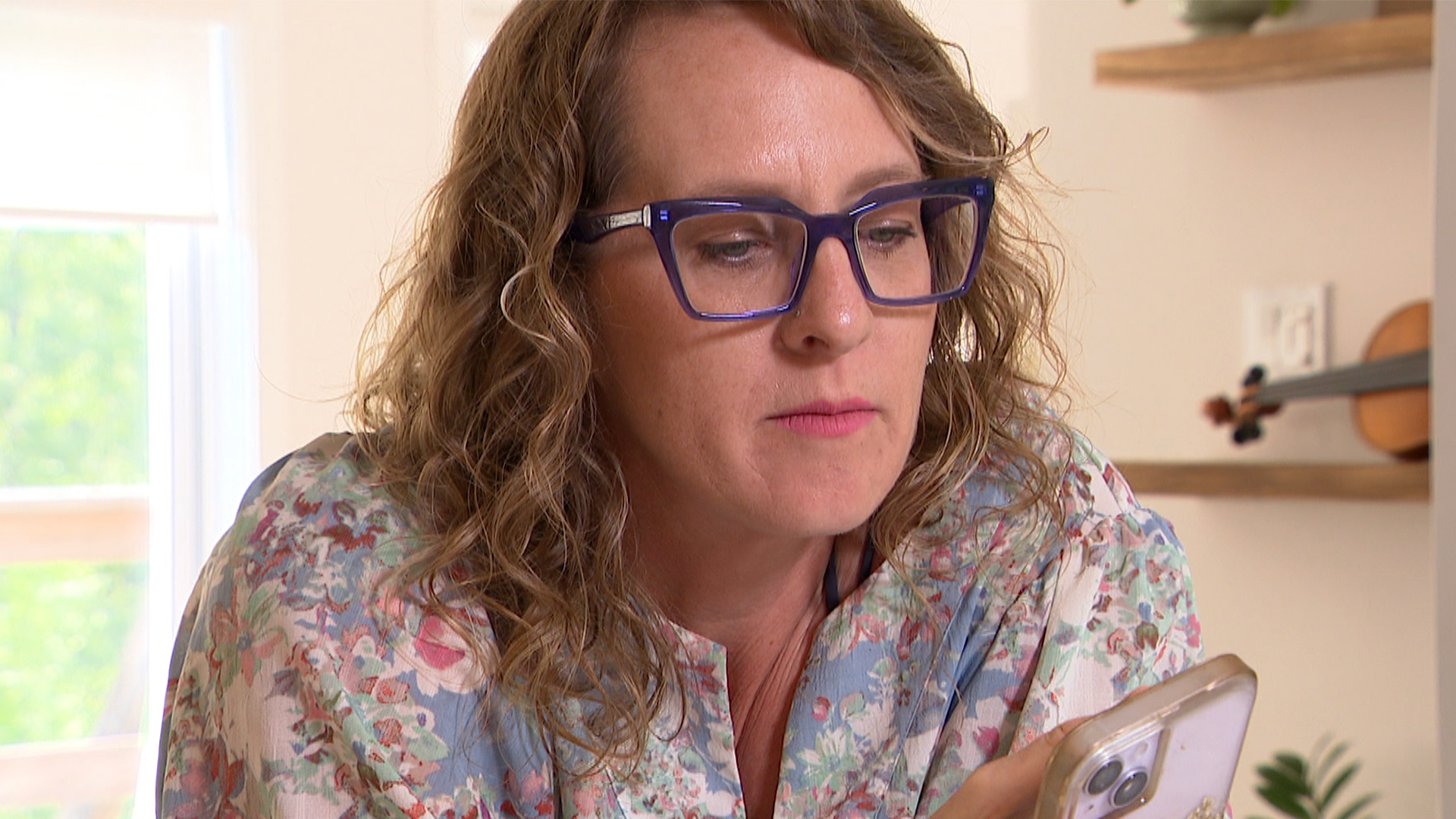Mississauga start-up with a mission to create a plastic-free world

Where others are desperate about the climate crisis, Nuha Siddiqui sees a clear way forward.
While studying business and environmental economics at the University of Toronto, Siddiqui was struck by a World Economic Forum report that predicted that by 2050 there would be more plastic in our oceans then fish. She was determined to find a way to reduce the world’s dependence on single-use plastic — she even turned it into a research project.
That school project, which started as a way to replace plastic packaging peanuts with a sustainable option, became erthosthe cleantech company that Siddiqui co-founded in 2018 with plant biologist Kritika Tyagi and chemical engineer Chang Dong.
The startup is pushing further up the manufacturing chain to develop a non-toxic, fully compostable resin from biobased ingredients that can be molded into plastic. “It’s so important to be a little impatient, right? I didn’t want to wait 10 years to have that impact,” she says. “I really wanted to find a way to do it now.”
Here, Siddiqui, who was recently named one of them Forbes’ 30 under 30 in the social impact category, together with her co-founder Kritika Tyagi shares her journey from student to cleantech entrepreneur.
Where did the idea to tackle plastic pollution come from?
It started as a research project when I was still a student at the University of Toronto. I studied business and environmental economics so this was a passion project to bring my two worlds together. I started it through a social impact organization at U of T called Enactus. And what we do every year is explore different social, environmental and economic challenges facing our world. I decided to focus on plastics – they are such an everyday part of our lives and we never really thought about the impact on our environment and the planet.
Originally we were focused on creating an alternative to Styrofoam packaging. But we quickly realized that there was a lot of potential in using non-toxic, plant-powered alternatives to traditional plastics and finding a way to make it truly scalable. Long story short, it was a research project, trying to get away from my accounting and finance courses in a way that was more in line with my values. Fast forward to today and it’s my business.
How does erthos buy and produce its materials?
Our vision is to create a new standard for sustainable materials – it is no longer enough just to be recyclable or biodegradable. We embed sustainability in all our sourcing practices and make sure we don’t compete with things like food resources or contribute to deforestation. Our inputs are made from biobased ingredients such as agricultural by-products. And our production methods are clean, they result in less carbon, less energy, less water and our materials are ultimately designed to be composted, which we believe is the most circular solution out there today.
Are companies responding to these kinds of changes?
Everyone is now very aware of the impact of plastic. With so many governments choosing to ban single-use plastics, it’s time to find the right solution. What’s important is making sure we leverage existing supply chains and infrastructure. Partners are looking for solutions that can be integrated into them instead of having to completely disrupt them.
That is one of the advantages of your product: a company that produces traditional plastics does not need to review its activities.
Precisely. There is no malfunction. It’s a one-to-one replacement.
What were some of the challenges in developing bioplastic?
When we first started the research project, we created these new innovative alternatives. But when it came to scaling it up, we realized we had to look at what the end goal would be to really have an impact. And that meant insight into production systems. We talked to some of our competitors about how we could build a powerful product that could scale and not just become an eco-friendly niche product.
We realized we had to make sure our materials were designed for industrial scale. We went from a packaging model to a material platform model. Then we started to change our business plan and started to attract a lot more of the partners that we have today.
You have raised a significant amount. What’s next?
We raised over $8 million. And that is a combination of investment rounds with venture capital firms and grants from the Canadian government. This year we commercialize our first product. So we go to market and partner with AB Inbev to produce an alternative to plastic barrel caps. And we are expanding our business to Asia. We are currently headquartered in Canada and manufacturing here, but we now plan to increase capacity and set up our second facility in Asia.
This idea was outside of your field of study at school. What gave you the confidence to think, “I can do this.”
Maybe it was a bit of a naive student. But that external perspective is also a superpower. Most of the successful tech companies we’ve seen in the last 10 years have come from leaders who haven’t been in that industry. It gives you the courage to say, “I can be that person who thinks differently and can actually come up with a solution that can make an impact.”
Has social impact been something you’ve always been focused on?
As a kid I held bake sales and donated all proceeds to charity and was my high school president – I’ve always been driven to make a positive difference in the world. But I thought I had to take a traditional corporate job before I could eventually work for a non-profit organization or charity. But then I realized I could prove to the world that it’s possible to do good and build a huge global business at the same time by starting a social enterprise.
Many people go into the workforce thinking I will put my time into it and then I will do what I want to do….
It’s so important to be a little impatient, right? I didn’t want to wait 10 years to have that impact. With the challenges the world is facing, I really wanted to find a way to do it now.
MaRS commissioned photographer Jenna Marie Wakani to photograph the thinkers, entrepreneurs and investors behind some of Canada’s most exciting companies. View the full series of portraits here.
disclaimer This content was produced as part of a partnership and therefore may not meet the standards of impartial or independent journalism.

;Resize=620)


;Resize=620)